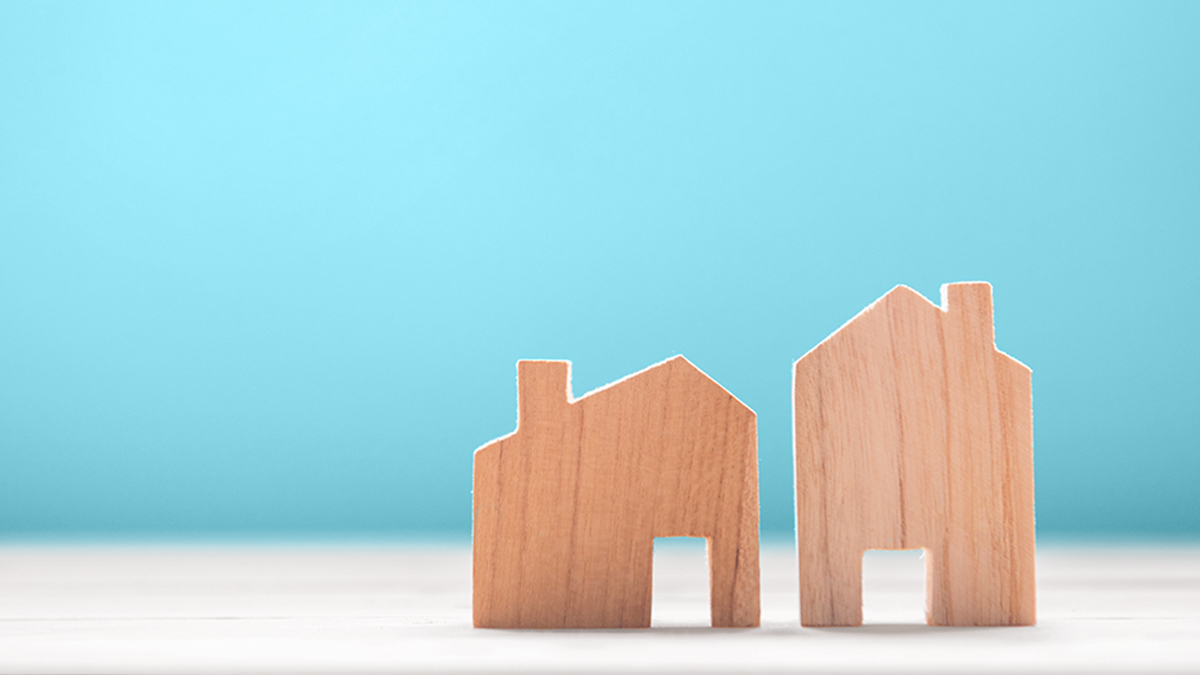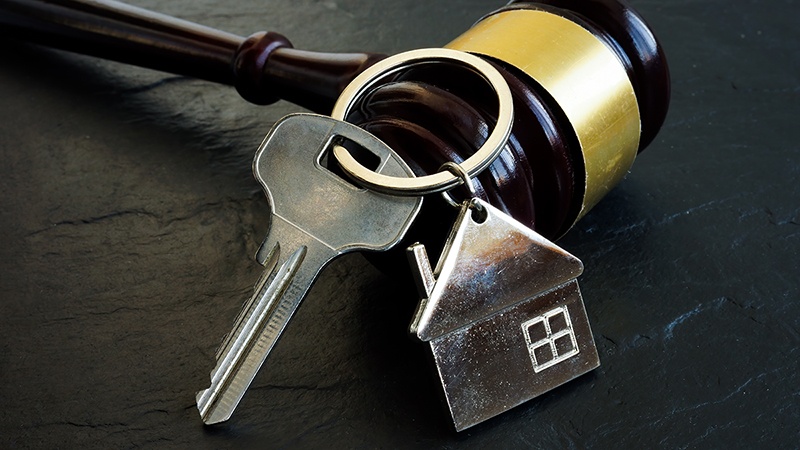Real estate gains tax in the event of a sale: rules and exceptions

Tips from tax experts for those selling and buying property
Are you lucky enough to be able to sell your own home at a profit? This profit is subject to so-called “real estate gains tax”. The good news is that if you invest the profit in a new property, you can usually defer the tax. But a tax deferral is not a tax gift. Familiarizing yourself with the applicable rules and exceptions is therefore worthwhile.
In metropolitan areas, prices for private residential property have gone in only one direction for years: up. This gives many homeowners the opportunity to sell their house or apartment at a profit. But the cantons are allowed to levy so-called “real estate gains tax” on this profit. Contrary to what the name suggests, it covers more than just the profits on the property; it is also used to assess the development of the real estate’s value.
FAQs on the topic of real estate gains tax
Exactly how much and when real estate gains tax is due depends on a number of factors. To benefit from a tax deferral, you should clarify the following questions:
All these factors determine whether real estate gains tax is due and, if so, whether you have to pay it immediately – or may possibly be able to postpone it for decades until you sell your replacement acquisition.
In this context, it is important to know that it is not the municipality/canton you leave that subsequently levies the deferred tax, but always the place you move into. This was recently reiterated by the Federal Supreme Court. (available in German)
Calculate real estate gains tax in good time
At the latest, when you draw up the purchase/sale agreement, you should be able to estimate the amount of the real estate gains tax. This value is relevant because the tax debt can be charged by lien on the sold real estate.[2]
“The tax authority may record a statutory lien in the land register if the real estate gains tax is not paid.”
GOOD TO KNOW
A tax deferral is not a tax gift
Real estate gains tax cannot be avoided, but at best it can be deferred. Deferred real estate gains tax is generally still latently owed. So why is a tax deferral nevertheless of interest? Quite simply, because you can invest the money wisely, for example, if the tax is not due today but only in the distant future – that could be at the next sale, or even the one after that.
Investing real estate gains: How, where, when?
Another advantage is that not only is the tax deferred, but the period of ownership is also accumulated. So if you live in your original house for four years and in the new one for eight, then this counts as a twelve-year period of ownership. It is important to know that the real estate gains tax reduces the longer you have owned your property. Therefore, if you defer the real estate gains tax, you may benefit from a more attractive rate later on – even if no tax deferral can be claimed on the last sale. If you have owned your property for more than 25 years, for example, real estate gains are tax-free in the Canton of Geneva.
Practical example for calculation
- Suppose you bought your first property for CHF 1 million.
- You later sell the property for CHF 1.5 million. .
- You therefore realize a taxable real estate gain of CHF 500,000.
- However, the real estate gains tax is fully deferred if the newly purchased replacement property costs at least CHF 1.5 million. The prerequisite for a full deferral is that you reinvest the entire sale proceeds net of costs in the replacement property.
- However, if you pay only CHF 1 million, or less, for the replacement, the entire gain of CHF 500,000 is taxable.
- If you pay CHF 1.2 million for the replacement property, for example, the tax authorities will grant you a partial deferral of the real estate gains tax. The partial deferral then applies to the reinvested CHF 200,000. The remainder – i.e., the CHF 300,000 not invested – has to be settled.
- There is an important exception to this rule: If you promptly invest in your new property and spend CHF 300,000 or more on it, then you can claim a comprehensive tax deferral. The important thing is that the investments are of a value-enhancing, rather than a value-maintaining, nature (see above). Here, at the latest, it is worth consulting a tax advisor.
Give us a call:
|
 |
Personal consultingOpen contact form to request a callback or an appointment. |
 |
Request email replyWe will gladly answer your question in writing via email. |
Tax advice in context
If you are not familiar with the jungle of tax regulations, it is easy to fall into a tax trap. After all, not every taxpayer is able to keep abreast of possible “knowledge advantages” by being in direct contact with the tax authorities. Our experienced tax experts are able to negotiate Swiss tax issues of all kinds on an equal footing with the authorities and, where necessary, obtain binding tax rulings on your behalf.
Contact us, without obligation, to analyze your tax situation with our experts.








